Stories, tales, legends, biographies are the foundation of human civilization and more fundamental human survival from the dawn of our species. We communicated knowledge, lessons, morality and skills through our stories passed down from parents to children for thousands of generations. Some of these stories actually happened, some of them were created to teach lessons and pass down knowledge, some of them created to take deeply complex ideas and passing them on in a much simpler and easily digestible format. Stories we tell about ourselves, our world, our hopes, our truths, morality, our beliefs and everything else. This is Mythology, the origin and backbone of humanity.
In many ways, we only became human once we started telling stories to each other. We were able to build links between ourselves that could stretch across distance and time. Passing knowledge down and around we cast our consciousness over all that we interacted with, observed and pondered. We moved from being just another animal in Nature to being an animal that can choose its relationship with Nature, a human being. As time passed these stories built entire cultures, ideologies, religions and civilizations. In fact hundreds if not thousands of cultures, ideologies, religions and civilizations, some still with us today in remnants and others long gone.
Of all these, only less than a handful have lasted through the epochs and millennia: a few of the tribes in Africa, Aborginals of Austrialia, the Chinese culture and civilization, Hebrew culture/religion and the spirit of India. Let me first point out that the Chinese never called themselves Chinese it is the English name for them, they have called themselves many names but predominately Zhoungguo. The Hebrew culture/religion have called themselves by a variety of names usually related to the tribes of Israel (descendants of Jacob, later called Israel after wrestling either an angel or God, variant readings). The ancient culture, people and civilizations of India never called themselves India, they called themselves Arya (let’s make this clear the Arya-Dravidian divide that we know now is a product of a racial linguistic theory from the 1800’s and it’s a false narrative, the ancient people of South India who belong to the language family of Dravidian as far as we know always have considered themselves Arya).
These three ancient streams of consciousness have all existed over 4000 years, in the cases of India and China probably much before that time. They have passed down thousands of stories, legends and pieces of knowledge in nearly an unbroken tradition through these ages. Gone are the Romans, Greeks, Sumerians, Bablyonians, Hittites, Mittanis, Aztecs, Mayans, Incas, Etruscans and thousands of others. We still have some of their stories preserved yet unknown to most people walking around today. So many of these stories come from a time before we even knew of a concept of history before records were kept, writing was invented or our phones saved everything in a millisecond.
These stories came from a time where people had to engage with the world either with Nature, their fellow human beings or something deeper. This engagement always came at a cost and they knew it. Nature was unforgiving if you couldn’t navigate it and find a balance. Your fellow human beings could be no different, you needed to find a way to ingrain yourself with your community or you may be left to the devices of Nature with no support. Then there were your thoughts, ideas and internal experiences, which sometimes could be scarier than the world around you or more beautiful and real. This is Mythology, the way we explain, discuss and pass down our relationship with Nature (divine or material), fellow humans (or other beings) and internal selves and the universe that lives in our minds.
India (not the modern state of India but the region covering modern Afghanistan to the west to Burma in the east, from Tajikistan in the north to Sri Lanka in the South) has been the home of a vast diversity of thoughts, stories and mythology. In some ways this is the place where there is the most diversity of thought even surviving till today. The Vedas, which comprise of stories, ritual, poetry, spiritual thoughts and experiences from over 5000 years ago, are still chanted today in almost the exact same way as they were back then. The ascestic ideas of the Jains and Buddhism, from 2700 years ago, are still practiced by millions of people and used as guides to understand the mind, knowledge and the world along with sayings and experiences of the seers of the Upanishads, from over at least 3300 years ago. Indian Mythology, which I will from here on call Purana, which in Sanskrit means “ancient, primeval” and means “legends, stories, history” is one of the most engrossing and fascinating explorations of all existence.
Sometimes in our modern, western and scientific world, we think the ancients were primitive, less civilized, backward, more oppressed and lacking in the enlightenment we all have in the 21st century. This is far from accurate or even true. There is a lot for us to learn, remember and relearn from them, sometimes in what they said, in what they did and what they failed at. Purana is layered and multidimensional, a story operates at multiple levels, as a narrative, as an esoteric truth, as wisdom, as comedy, psychologic study, history and experience. It is a dynamic conversation between the story, the author, the story teller and the listener, not a passive hearing or reading.
I want to take us through the minds of these ancient people, through their Purana. To try and understand the lessons they want to impart, the truths they want to tell, the reality they want us to experience, the people they want us to know and the histories they want us to learn from and keep in our collective consciousness. Indian Purana will be the brush by which we will paint but will bring in stories from other streams of thought to compare and contrast different ideas, view points and approaches. We will bring this all to you in both written and audio formats. There were be articles and pieces you can read and then tune in to a podcast which will include audio narrative of the stories (one of which we have already put out in our podcast), discussion with each other and interviews with experts. So come join us as we journey back to a world of mystery, divinity, exploration, heroes, heroines, knowledge and wisdom.
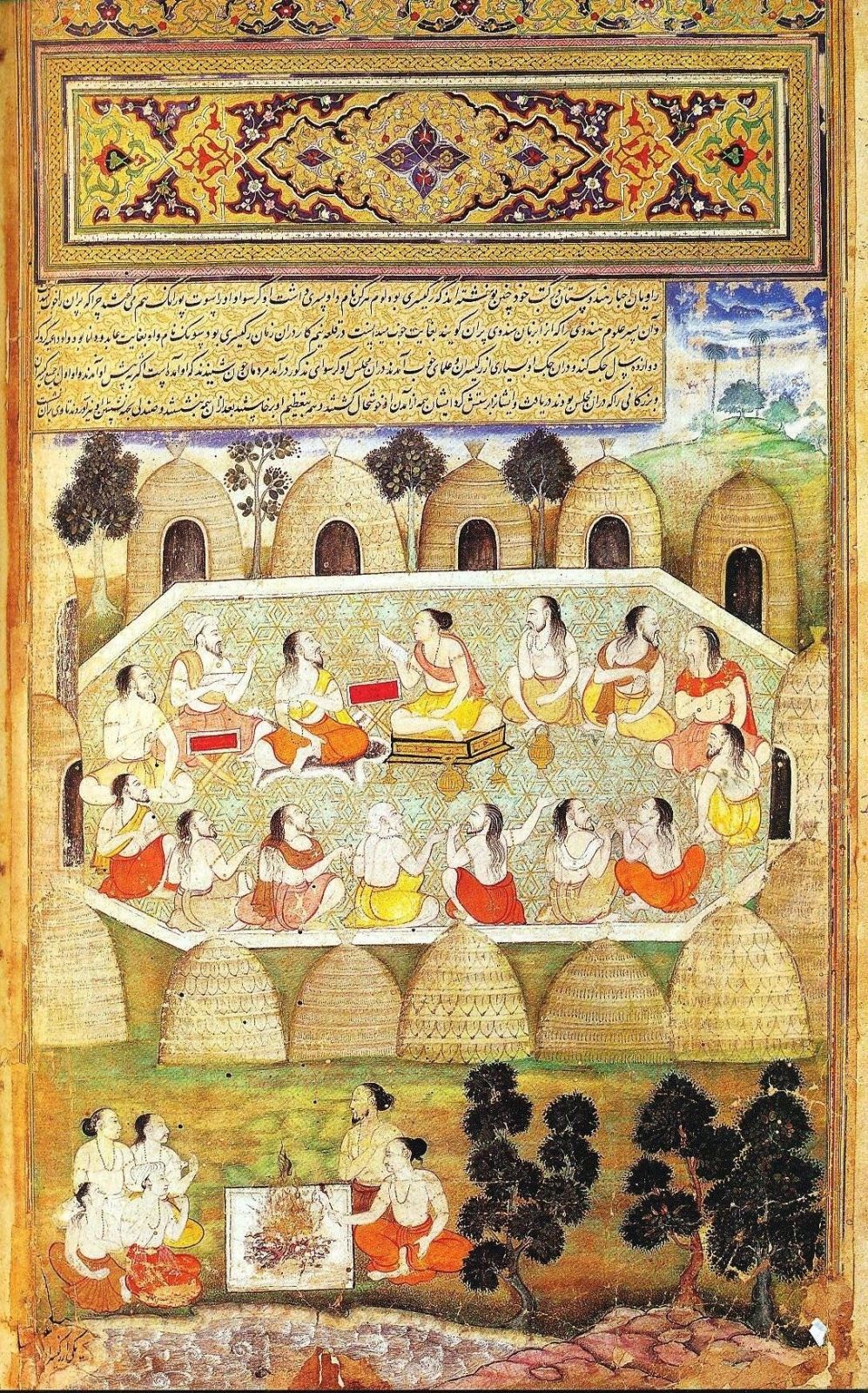
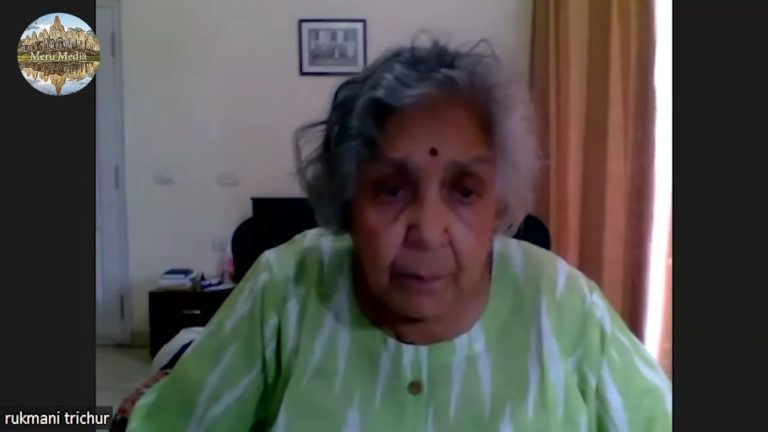
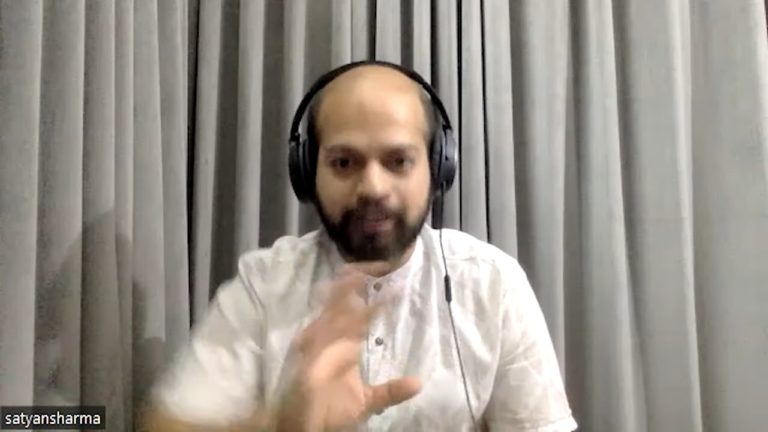
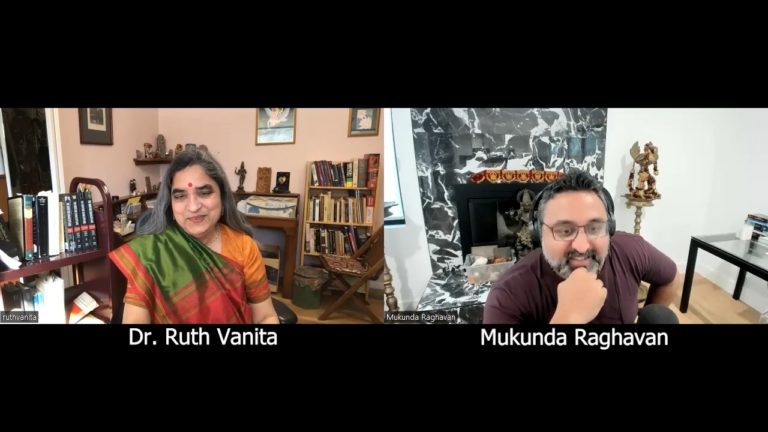
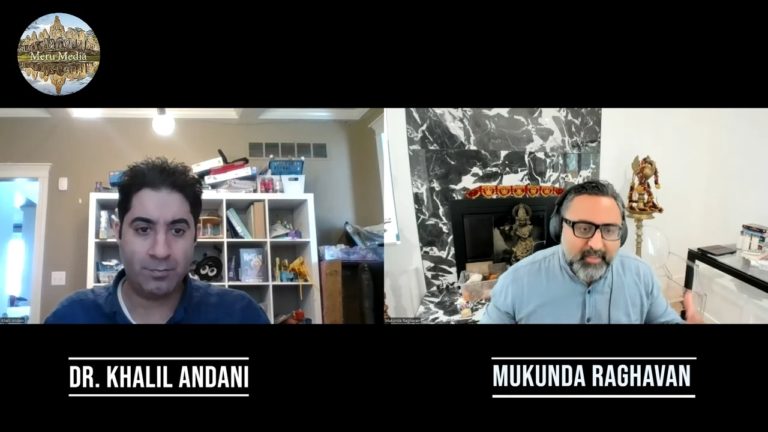
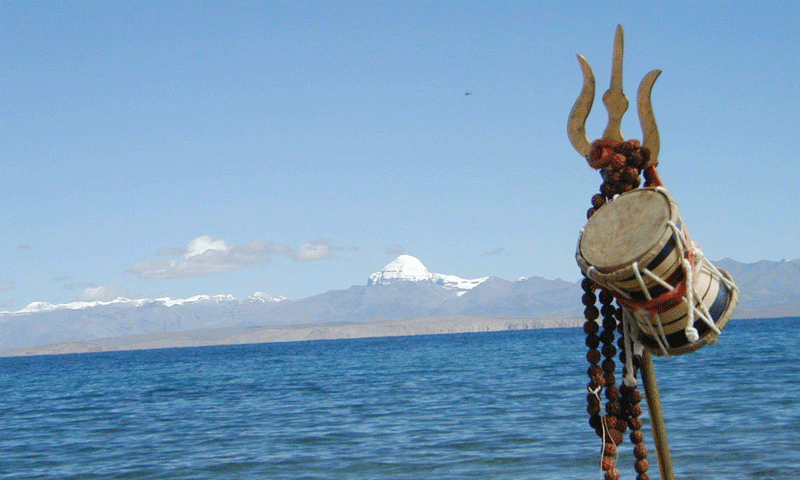

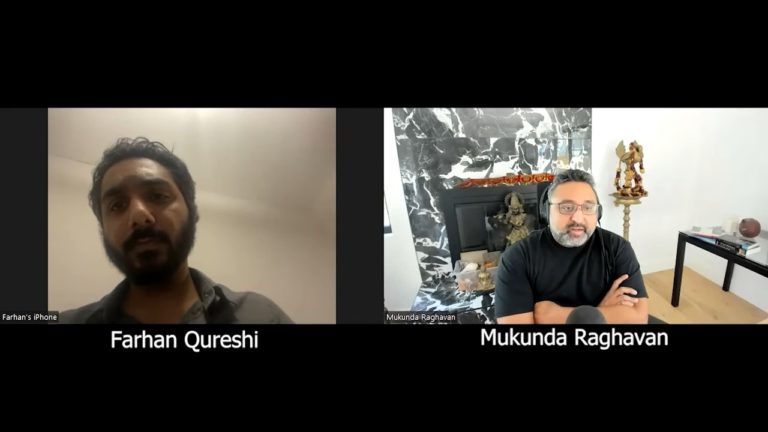
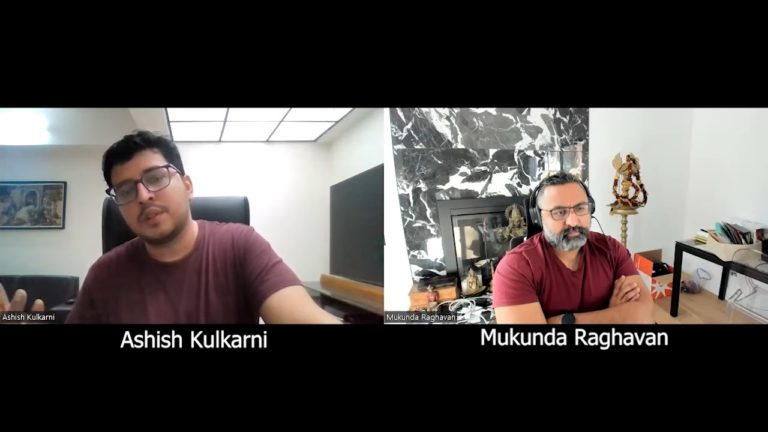
+ There are no comments
Add yours